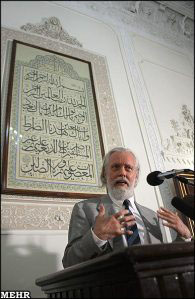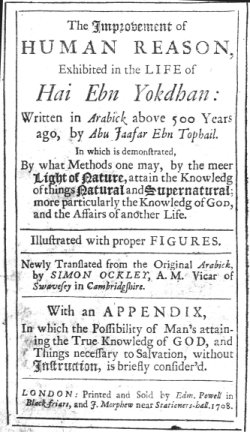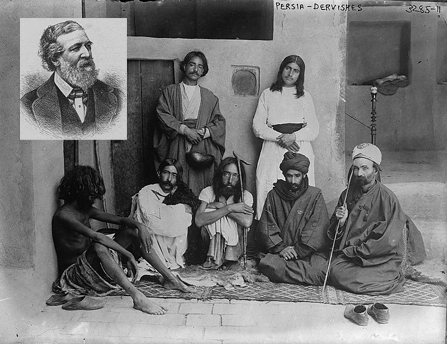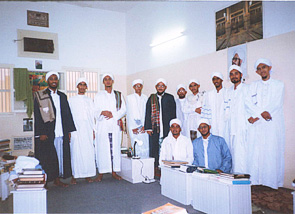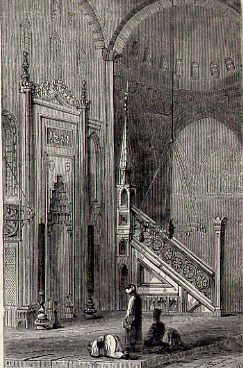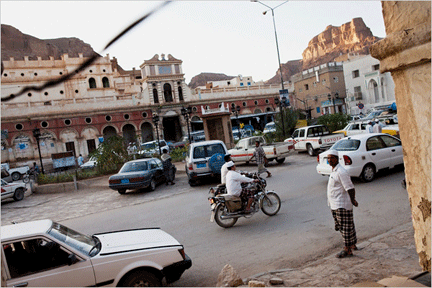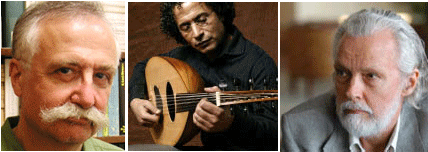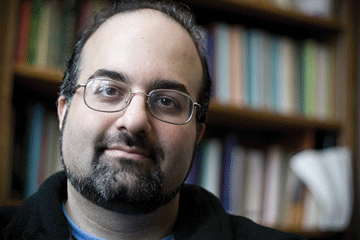
by Omid Safi, Sightings, January 27, 2011
One of the lower points in the Park51 Center controversy was the comment by New York Governor David Paterson: “This group who has put this mosque together, they are known as the Sufi Muslims. This is not like the Shiites…They’re almost like a hybrid, almost westernized. They are not really what I would classify in the sort of mainland Muslim practice.â€
In a few short sentences, the governor managed to offend Sufis, Shi’i Muslims, as well as westernized Muslims, non-westernized Muslims, and “mainland Muslims†(whoever they are). Paterson overlooked the fact that some Shi’i Muslims are mystically inclined, and that six million American citizens are Muslims, thus there is no question of “westernizing†or “almost westernizing†for them. There is a more disturbing implication hiding in his assertion: the ongoing way in which the general demonization of Muslims, of the kind now routine on Fox News, is accompanied by an equally pernicious game of Good Muslim, Bad Muslims.
There are many versions of this game, but the basic contour stays the same: The assertion that the general masses of Muslims are evil, terrorist-supporters, anti-western, patriarchal, misogynist, undemocratic, and anti-Semitic; and that these masses are set off and defined against either the solitary, lone Muslim good woman or man. The “Good Muslim†is often an individual, or a small circle, because to admit that the larger group of Muslims could be on the right side of the human-rights divide is to have the house of cards of the Muslim demonization game collapse on itself. Continue reading Good Sufi, Bad Muslims
